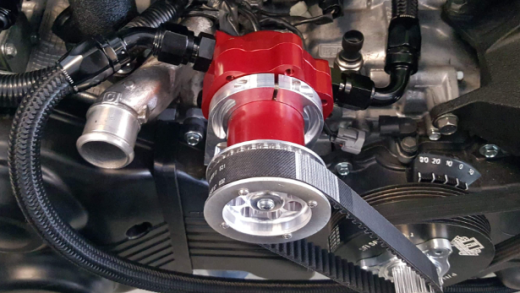Regular car service is crucial for maintaining the performance, safety, and longevity of your vehicle. By adhering to a proper car service schedule, you can prevent potential issues, ensure optimal functionality, and save money in the long run. In this blog post, we will explore the importance of regular car service and answer the question: how often should you service your vehicle?
1. Understanding the Benefits of Regular Car Service:
Regular car service offers numerous benefits that go beyond basic maintenance. It helps identify and address potential problems before they escalate, ensuring a smooth and hassle-free driving experience. Some key benefits include:
– Enhanced Safety: Regular servicing ensures that all safety features, such as brakes, tires, and lights, are in optimal condition, reducing the risk of accidents.
– Improved Performance: Servicing helps maintain engine efficiency, ensuring optimal fuel consumption, smoother acceleration, and overall better performance.
– Longevity of Vehicle: By addressing minor issues promptly, regular servicing helps extend the lifespan of your vehicle, saving you from costly repairs or premature replacement.
2. Factors Influencing Car Service Frequency:
The frequency of car service depends on several factors, including:
– Manufacturer Recommendations: Car manufacturers provide guidelines on service intervals, which can vary based on the make, model, and age of the vehicle. It is essential to follow these recommendations for optimal performance and warranty compliance.
– Driving Conditions: Harsh driving conditions, such as extreme temperatures, dusty environments, or frequent stop-and-go traffic, can accelerate wear and tear. In such cases, more frequent servicing may be necessary.
– Mileage: High-mileage vehicles generally require more frequent servicing to address wear and tear on various components.
3. Recommended Service Intervals:
While specific service intervals may vary, a general guideline for car service frequency is as follows:
– Oil Changes: Typically, oil changes are recommended every 5,000 to 7,500 miles or every six months, depending on the type of oil used and driving conditions.
– Fluid Checks and Replacements: Regular checks and replacements of fluids, such as coolant, brake fluid, and transmission fluid, are usually recommended every 30,000 to 60,000 miles or as per manufacturer guidelines.
– Filter Replacements: Air filters, fuel filters, and cabin filters should be replaced every 15,000 to 30,000 miles, depending on driving conditions.
– Tire Rotations and Alignments: Tire rotations and alignments are typically recommended every 5,000 to 7,500 miles to ensure even wear and prolong tire life.
Conclusion:
Regular car service is essential for maintaining the safety, performance, and longevity of your vehicle. By adhering to manufacturer recommendations and considering driving conditions and mileage, you can determine the appropriate service intervals for your car. Remember, timely servicing not only saves you from costly repairs but also ensures a smooth and enjoyable driving experience. Prioritize regular car service to keep your vehicle in top shape and enjoy the benefits it brings.


